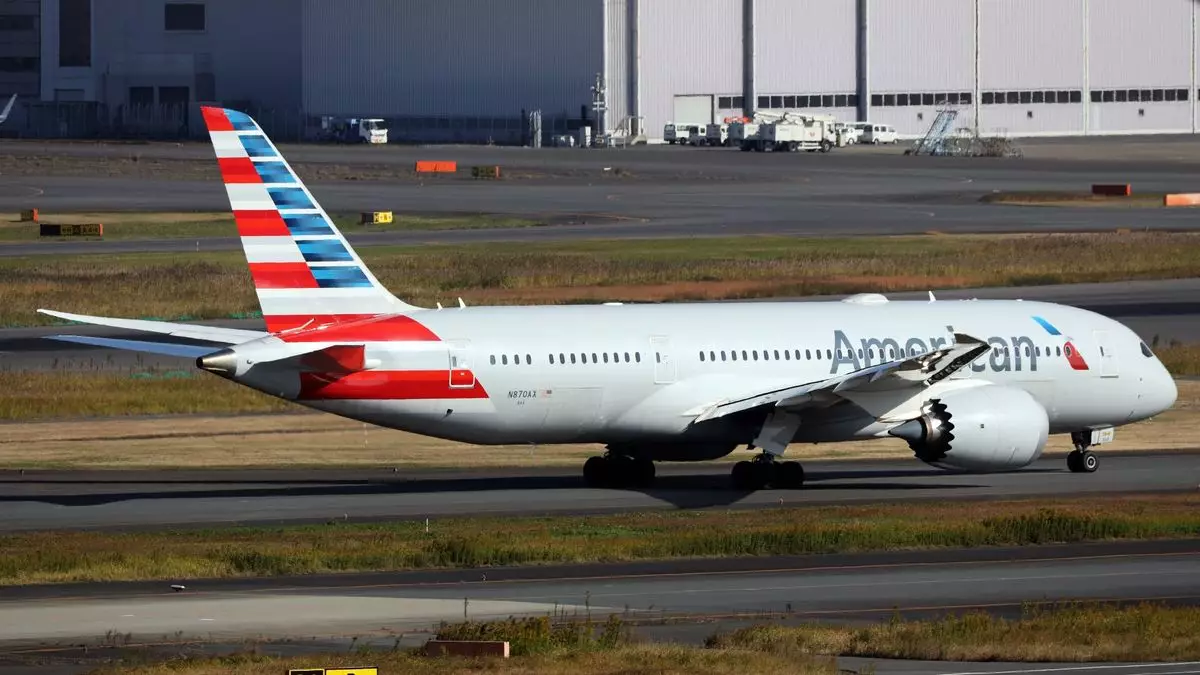American Airlines’ CEO, Robert Isom, admitted to making mistakes in the implementation of the New Distribution Capability (NDC) policies. By removing fares from legacy systems and pressuring agencies to adopt the new NDC systems, American Airlines inadvertently alienated travel agents. This move forced ASTA to step in and advocate for the return of fares to legacy systems in order to make the booking process easier for agencies.
ASTA, led by CEO Zane Kerby, took a proactive approach in engaging with American Airlines to address the issues surrounding the NDC technology. Acknowledging the deficiencies of the NDC technology, ASTA pushed for a more travel agent-friendly distribution strategy. The recent announcement by American Airlines to change course and reevaluate its strategy demonstrates the impact of ASTA’s advocacy efforts.
One of the key components of ASTA’s advocacy efforts was the grassroots campaign that involved thousands of advisors and clients writing to lawmakers urging change. By targeting influential members of Congress with op-ed pieces and leveraging media outlets like the Boston Herald, ASTA was able to amplify its message and put pressure on American Airlines to reconsider its approach.
ASTA’s multifaceted approach included filing complaints with regulatory bodies like the Department of Transportation and the Federal Trade Commission. In addition, ASTA engaged in ad buys with Politico to reach lawmakers and staffers in Washington, generating buzz and raising awareness about the impact of American Airlines’ NDC strategy on travel advisors. This coordinated effort underscored the importance of trade associations like ASTA in advocating for industry stakeholders.
The recent developments between ASTA and American Airlines serve as a valuable lesson in the power of advocacy and collaboration. By listening to feedback from agencies and corporate customers, American Airlines was able to course-correct and address revenue softness attributed to its NDC strategy. Moving forward, it is essential for airlines and travel agencies to work together to develop distribution strategies that prioritize the needs of all stakeholders.
The evolution of American Airlines’ distribution strategy and the role of ASTA in advocating for travel agents highlight the importance of industry collaboration and dialogue. By engaging in proactive advocacy efforts and leveraging grassroots campaigns, trade associations like ASTA can influence policy decisions and foster positive change within the travel industry.

